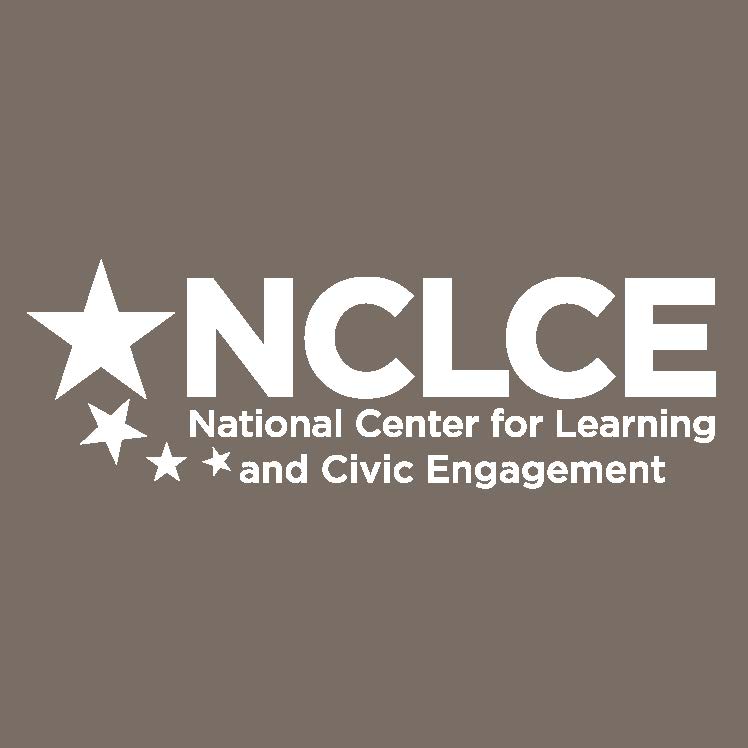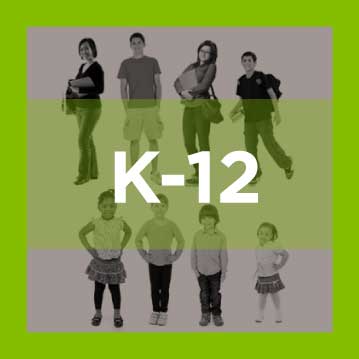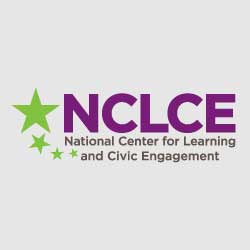Youth have something important to say. Are you listening?
States and municipalities across the nation are recognizing that youth have an essential voice to contribute to local discussions and decision making and are acting to increase youth participation on advisory boards, commissions and councils.
The benefit of youth participation is two-fold: adding a valuable youth voice to decision making and laying the groundwork for student efficacy. Students represent a valuable on-the-ground viewpoint that should be considered when making decisions, not just on schools and education, but on a wide variety of issues from career preparation to substance abuse and environmental concerns. At the same time that youth participants contribute to the quality of discussion and decision-making, students benefit by active engagement with political and civic life. Research demonstrates that a major reason most millennials and youth don’t vote is that they don’t believe they can make a difference. Board service is an opportunity to empower youth and demonstrate that students can change their communities for the good.
States and municipalities have taken a variety of approaches to including youth in an advisory capacity, ranging from designating youth positions on boards and commissions to creating youth advisory councils and approving youth participation in election activities.
Last year, New Jersey created the New Jersey Advisory Council on Youth and Collegiate Affairs as the advisory body to the Legislature and relevant state departments. Youth council members develop new statewide initiatives related to youth and education, serve as ambassadors to encourage youth participation in civic activities and develop partnerships to provide services to students. Louisiana legislation from 2015 urges local school boards to provide for high school student participation in an advisory capacity through methods such as superintendent advisory councils, student affairs committees and appointing high school youth to serve as student representatives on district school boards.
Local efforts often go further. The Carver Minnesota City Council voted earlier this month to allow students in grades 9-12 to hold seats on the city’s advisory commissions. One seat on each commission will be reserved for students. Southeast Idaho’s Pocatello/Chubbuck Mayors’ 36-member Youth Advisory Council is made up of local students in grades 9-12. The youth council is a way for youths to express their views and advise the Pocatello and Chubbuck mayors and city councils on issues of importance to youths, as well as promoting civic pride, training opportunities and civics learning experiences.
Some states are finding creative ways of engaging youth in election experiences even before they are eligible to vote. New York recently passed legislation permitting students age 17 and older to serve as election inspectors or poll clerks, and to be recorded in attendance if their election service takes place while school is in session.
Want to learn more about what states are doing to promote youth civic engagement on boards and commissions? Education Commission of the States maintains a free and comprehensive database tracking state legislation across a host of issues, including civics. Whether you are interested in course and graduation requirements for civics, legislation on the pledge of allegiance or service-learning strategies for youth, you can browse our civics databases or search particular issues or states. Check out our civics database, which provides a brief summary of state civics legislation and links directly to the bill language.
Jan Brennan is a project specialist for the National Center for Learning and Civic Engagement at the Education Commission of the States. Contact her at jbrennan@ecs.org or (303) 299.3661.






